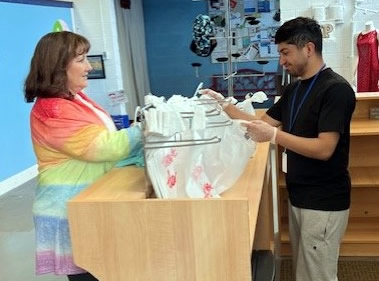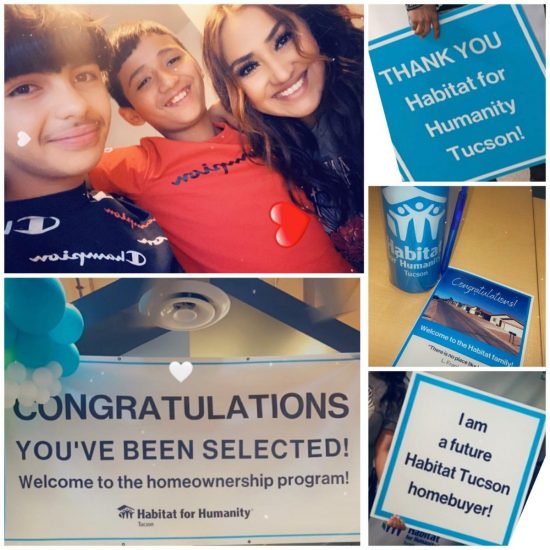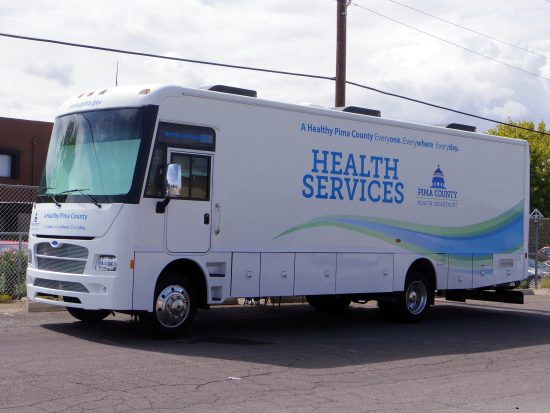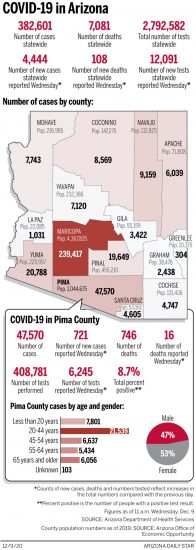By Saul Arias & Aubrey Garcia

The clothing bank at Pueblo High School was created eight years ago as a government funded student to work program.
Ms. Sandra Swiderski stays busy with preparing students for a job by giving them retail and sales experience.
“The clothing bank is completely student operated, but it can only be open if I’m there in the room,” Swiderski said. “If a student has an accident and needs a change of clothes—and if I’m not on campus—a monitor can open the door so he or she can get their needs.”
This PHS clothing bank is located on the south side of the T-Building, Room T-5 and is open to the public and Pueblo students. For students, the doors are open Monday through Friday from 7:30 a.m. until 3 p.m. For the public, the clothing bank is open from 7:30 a.m. until 11:30, Monday through Friday.
“On average 10 students and four people from the public come in each day,” Swiderski said. “Inventory is kind of low right now, but we hope to change that with clothing drives this semester.
This program is dependent upon donations and encourages trades; to get clothing, students and the public should bring clothing to trade. They accept most types of clothing such as shirts, pants, shorts, and clothing accessories (belts, shoes). Used undergarments are not acceptable.
“The government buys underwear, socks, and many hygiene products,” Swiderski said. “We still depend upon donations for most everything else.”




